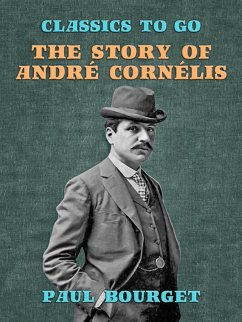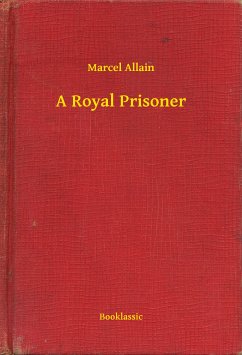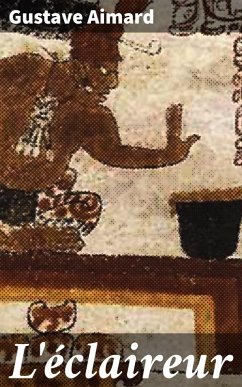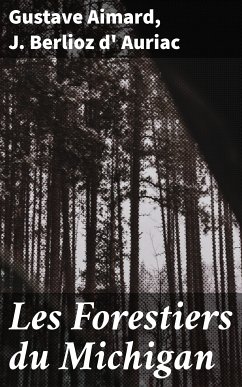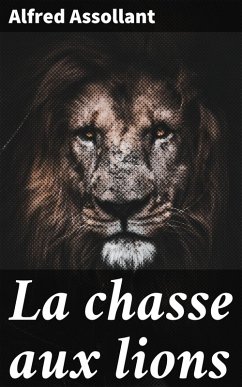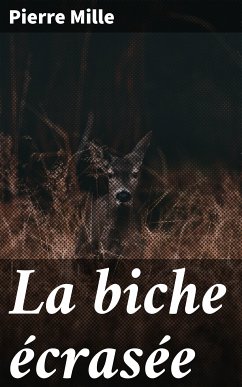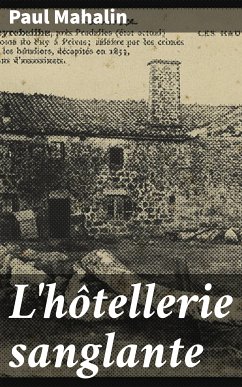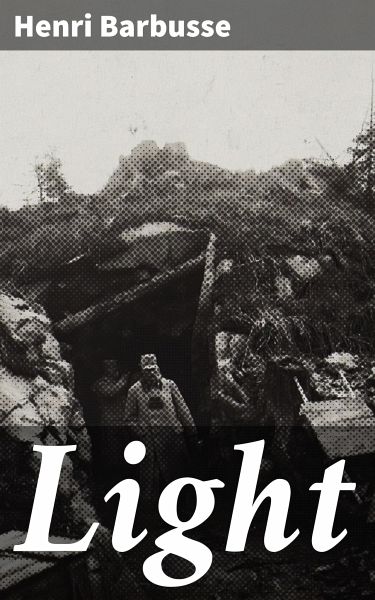
Light (eBook, ePUB)
Enriched edition. A Diary of War and Humanity in the Trenches
Kommentar: Shepherd, Brooke / Redaktion: Good Press / Übersetzer: Wray, W. Fitzwater
Versandkostenfrei!
Sofort per Download lieferbar
0,49 €
inkl. MwSt.
Weitere Ausgaben:

PAYBACK Punkte
0 °P sammeln!
Henri Barbusse's 'Light' offers a profound exploration of existential themes through a stylistically innovative lens, blending philosophical inquiry with vivid imagery and emotional depth. Set against the backdrop of early 20th-century Europe, Barbusse employs an impressionistic narrative that intricately weaves personal reflection with universal questions about existence, spirituality, and the relentless pursuit of truth. The narrative pushes the boundaries of conventional storytelling, inviting the reader to experience a journey not just of the mind but of profound psychological transformati...
Henri Barbusse's 'Light' offers a profound exploration of existential themes through a stylistically innovative lens, blending philosophical inquiry with vivid imagery and emotional depth. Set against the backdrop of early 20th-century Europe, Barbusse employs an impressionistic narrative that intricately weaves personal reflection with universal questions about existence, spirituality, and the relentless pursuit of truth. The narrative pushes the boundaries of conventional storytelling, inviting the reader to experience a journey not just of the mind but of profound psychological transformation. Barbusse, a prominent figure in the literary movement following World War I, was deeply influenced by his experiences as a soldier, which engendered a quest for meaning amid chaos. His background in journalism and engagement with socialism informed his critical view of society and the human condition, compelling him to address the search for enlightenment in a turbulent world. This personal tapestry of experiences allowed Barbusse to craft a narrative that resonates with the anxieties and hopes of his time. 'Light' is a poignant invitation to engage with the complexities of human existence. It is essential reading for those interested in the interplay between literature and philosophy, as well as for readers seeking an introspective journey that challenges the reader to rethink their understanding of life and meaning. Barbusse's masterful prose promises to enlighten, provoke, and transform, making it a significant addition to any literary collection. In this enriched edition, we have carefully created added value for your reading experience: - A succinct Introduction situates the work's timeless appeal and themes. - The Synopsis outlines the central plot, highlighting key developments without spoiling critical twists. - A detailed Historical Context immerses you in the era's events and influences that shaped the writing. - A thorough Analysis dissects symbols, motifs, and character arcs to unearth underlying meanings. - Reflection questions prompt you to engage personally with the work's messages, connecting them to modern life. - Hand-picked Memorable Quotes shine a spotlight on moments of literary brilliance. - Interactive footnotes clarify unusual references, historical allusions, and archaic phrases for an effortless, more informed read.
Dieser Download kann aus rechtlichen Gründen nur mit Rechnungsadresse in A, B, BG, CY, CZ, D, DK, EW, E, FIN, F, GR, H, IRL, I, LT, L, LR, M, NL, PL, P, R, S, SLO, SK ausgeliefert werden.





